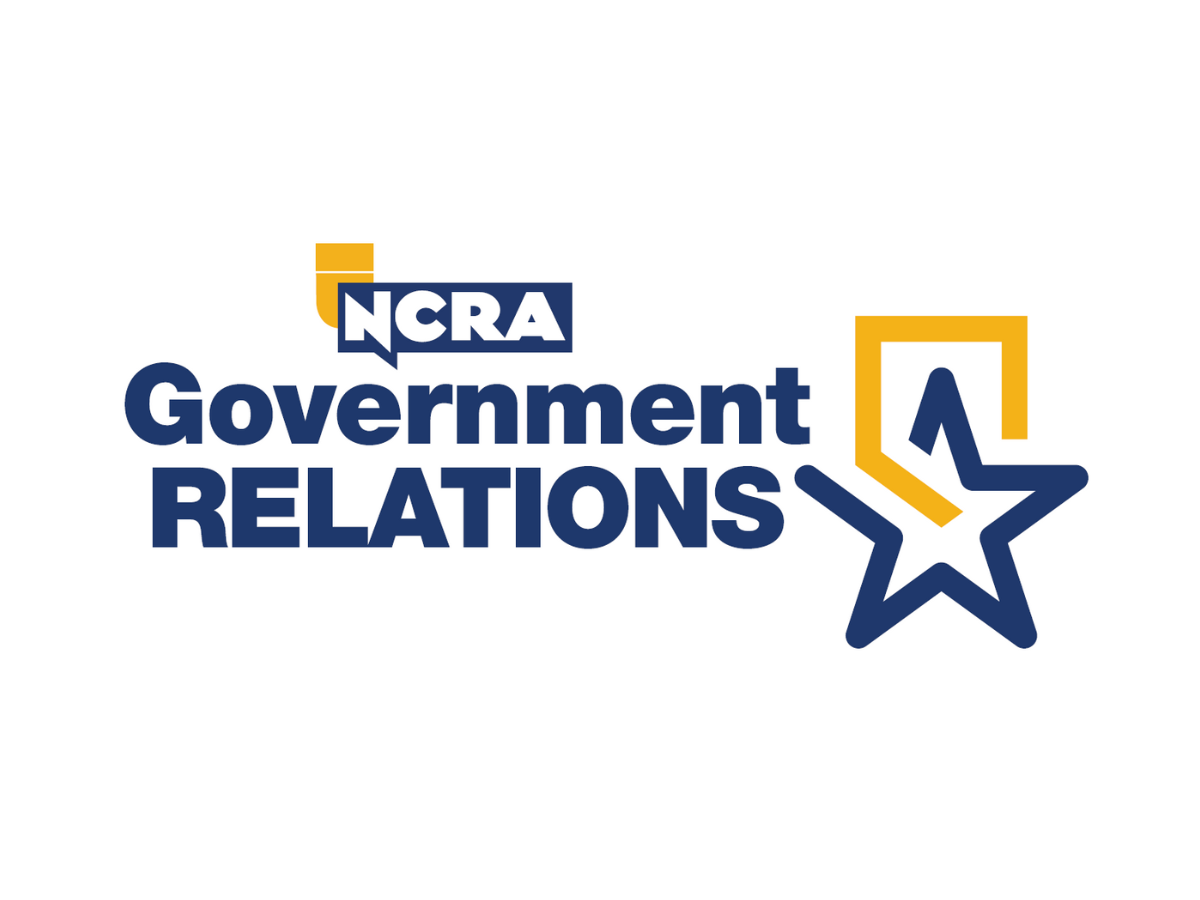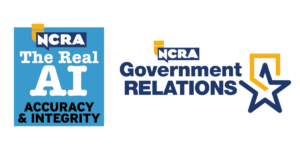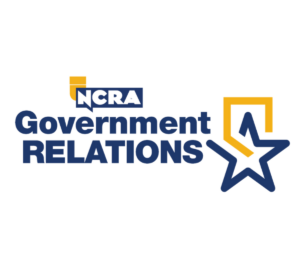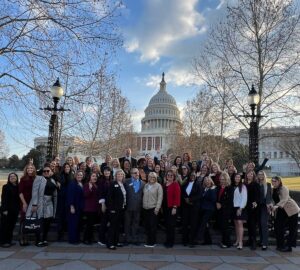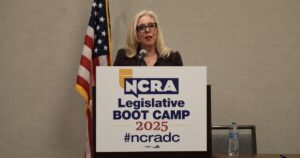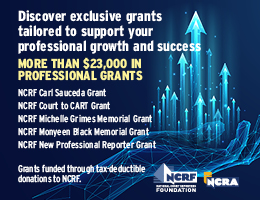On the heels of announcing the monitoring of artificial intelligence in Ohio county courts, the National Court Reporters Association (NCRA) is expanding its efforts to include Nebraska District Courts. NCRA is the country’s leading organization representing stenographic court reporters, captioners, and legal videographers.
An NCRA member in Nebraska contacted NCRA’s Government Relations Department after seeing an article covering the Association’s monitoring efforts in a Facebook group dedicated to stenography. This member, who is an official court reporter, wrote that artificial intelligence is being considered for use in Nebraska’s district courts where felony cases that include murder, rape, intent to distribute, and, of course, high-dollar civil cases and domestic law are decided.
According to the State of Nebraska District Court’s website, “The [twelve] district courts are Nebraska’s general jurisdiction trial courts. This means that with a few exceptions civil and criminal cases of all types may be commenced in and tried by the district courts.” More importantly, “District courts also function as appellate courts in deciding appeals from various administrative agencies and from most county court cases. When acting as an appellate court, a district judge reviews the record of testimony and evidence from the county court or administrative agency in order to rule on the appeal.”
“Artificial intelligence (AI) predicts the spoken word. It does not capture the spoken word as a certified court reporter does,” said NCRA President Kristin M. Anderson, M.A., RPR, CRI, FCRR. “The integrity of the record matters at all levels of our nation’s judiciary, and Nebraska cannot be the exception.”
In the coming weeks, NCRA will be executing a grassroots campaign to raise awareness about the downfalls of implementing AI in Cornhusker courtrooms. This effort will initially include contacting members of the Unicameral, the state’s bar association, various media outlets, and online organizing.
NCRA previously published a white paper dedicated to raising awareness on the potential impact of AI in courtrooms late last year. It has since been cited by CNBC, Reuters, and others.
“To outsource this time-tested American skill to unproven proprietors with overseas transcribers, the chain of custody quickly becomes untraceable and undependable,” said Keith R. Lemons, FAPR, RPR, CRR (Ret.), NCRA’s President-Elect. “To put it bluntly, when AI captures the record, America is selling its courtrooms off to the lowest bidder.”
A recent prominent example of the failures of digital transcription can be cited in the third week of the Alex Murdaugh double murder trial where both the prosecution and defense teams lambasted court transcripts generated digitally while noting the reliable services of professional court reporters typically retained in the South Carolina court. View the working list of recent digital failures in other national, well-known cases compiled by NCRA here.
“If Nebraska fully implements the use of artificial intelligence in its courtrooms, then it will no longer be the custodian of its own justice system,” NCRA Executive Director Dave Wenhold, CAE, PLC, warned. “The pursuit of efficiency should not come at the expense of the fundamental principles of American justice.”
According to the most recent Annual Fiscal Year Caseload Report published by the state of Nebraska, 36,253 adult cases were filed across 12 districts last year with protective orders, civil, and domestic relations cases being the top specified categories for caseloads.
The court reporting and captioning professions offer viable career choices that do not require a four-year college degree and yet offer good salaries, flexible schedules, and interesting venues. There is currently an increasing demand for more reporters and captioners to meet the growing number of employment opportunities available nationwide and abroad. Court reporters and captioners rely on the latest in technology to use stenographic machines to capture the spoken word and translate it into written text in real time. These professionals work both in and out of the courtroom recording legal cases and depositions; providing live captioning of events; and assisting members of the deaf and hard-of-hearing communities with gaining access to information, entertainment, educational opportunities, and more.
